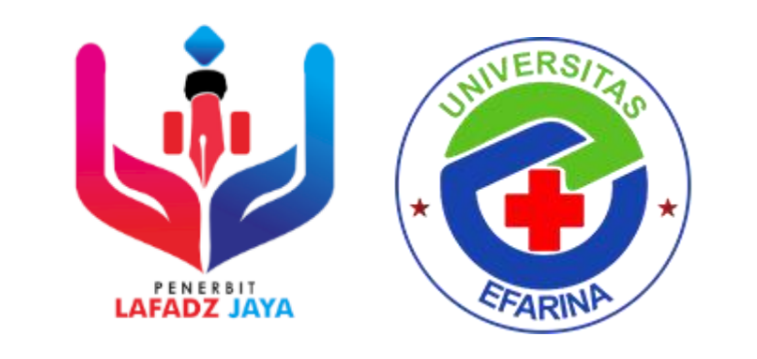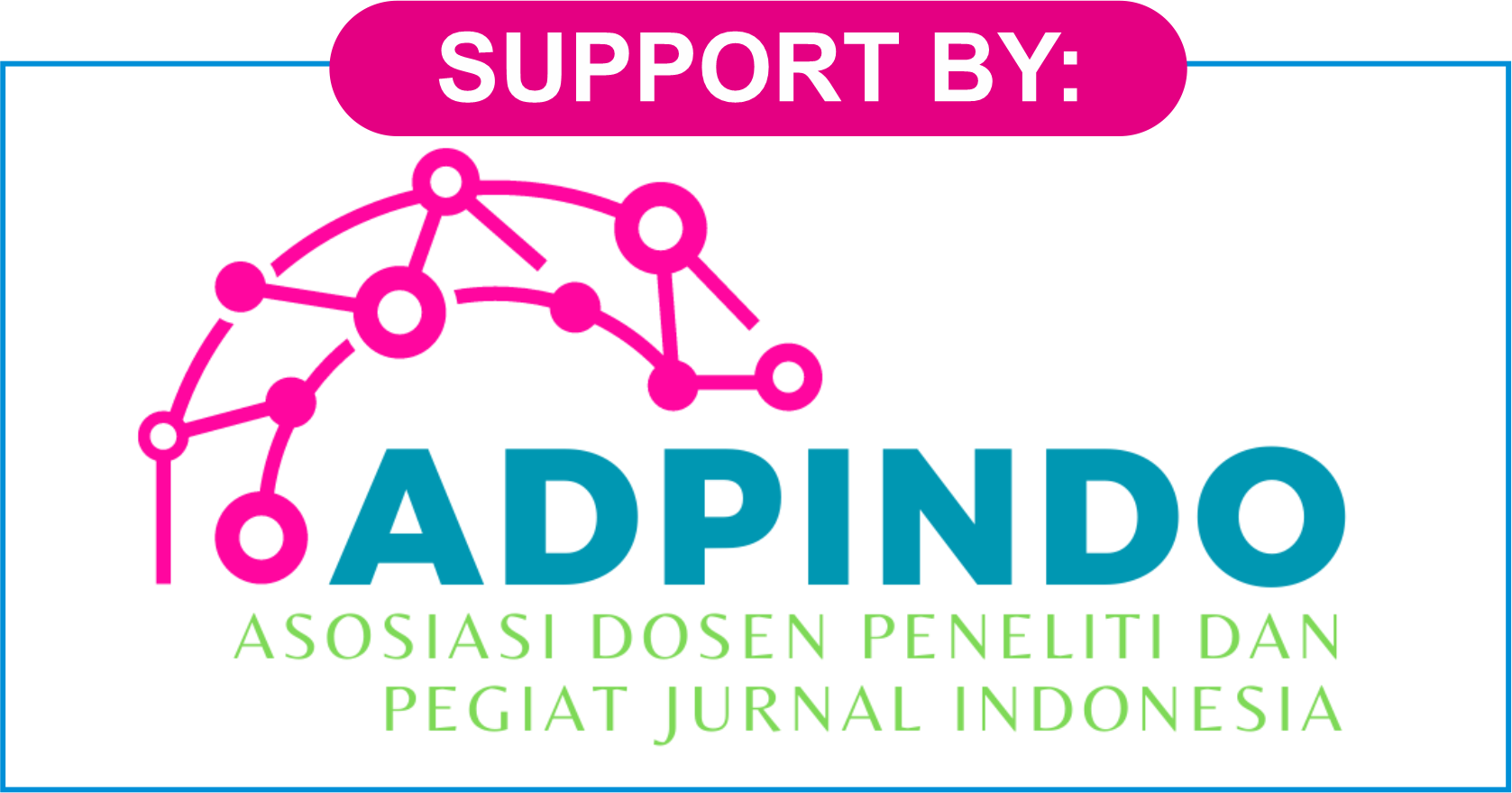Informed Consent Policy
The Journal of Psychology and Health Sciences (SIKONTAN) is committed to upholding the highest ethical standards in the research and publication process. A key component of this commitment is ensuring that all research involving human participants is conducted in accordance with ethical principles, including obtaining informed consent. The following outlines the journal’s policy regarding informed consent.
1. Informed Consent for Research Involving Human Participants
Informed consent is a foundational ethical principle that must be obtained from all human participants involved in research published in SIKONTAN. The process of informed consent ensures that participants are fully aware of the study’s purpose, procedures, risks, and benefits, and that they voluntarily agree to participate without any form of coercion.
-
Process of Obtaining Informed Consent:
-
Participants must be given clear, comprehensive information about the study, including its objectives, methods, potential risks, and any other relevant factors.
-
The information should be presented in language that is understandable to the participants, ensuring they can make an informed and voluntary decision to participate.
-
Consent must be given freely without any form of coercion, undue influence, or pressure. It must be obtained before participants begin any study-related activities.
-
Participants must be informed of their right to withdraw from the study at any time, without penalty or negative consequences.
-
2. Content of the Informed Consent Form
The informed consent form (ICF) should include the following information:
-
Study Purpose and Objectives: A clear description of the research study’s purpose and the specific goals the study aims to achieve.
-
Study Procedures: Detailed information about the study procedures, including what participants will be asked to do, how long the study will last, and any testing or interventions involved.
-
Potential Risks and Discomforts: A description of any potential risks, discomforts, or adverse effects that could result from participation in the study, including physical, emotional, or psychological risks.
-
Potential Benefits: A description of the potential benefits to participants, such as contributions to scientific knowledge, as well as any benefits to the participant (e.g., improvements in mental health, free assessments).
-
Confidentiality: Information on how participants' data will be kept confidential, and how it will be used and stored. This includes the data protection measures in place to safeguard personal information.
-
Voluntary Participation: A statement that participation is voluntary, and that participants may withdraw at any time without facing any negative consequences.
-
Contact Information: Contact information for the research team or ethics committee in case participants have questions about the study or wish to report concerns.
The informed consent form must be signed and dated by the participant and, if applicable, by a parent or legal guardian (for minors or individuals who are unable to provide consent on their own).
3. Special Considerations for Vulnerable Populations
When conducting research involving vulnerable populations (e.g., minors, individuals with cognitive impairments, or individuals in dependent relationships), additional safeguards must be in place to ensure the protection of these individuals:
-
Minors: Parental or guardian consent must be obtained in addition to the minor’s assent (if appropriate, based on the minor's age and comprehension).
-
Individuals with Cognitive Impairments: For individuals with cognitive impairments, consent must be obtained from a legally authorized representative, and the participant should be provided with as much information as possible in a manner they can understand.
-
Other Vulnerable Groups: Additional precautions should be taken when dealing with vulnerable groups to ensure they are not unduly influenced or coerced into participating in the study.
4. Informed Consent for Data Use and Publication
Informed consent should also cover the use of the participant's data in the research publication process:
-
Data Use: Participants must be informed about how their data will be used in the study and any subsequent publications. They should be aware that their data may be included in academic journals, conference presentations, and other scientific outlets.
-
Anonymization and Confidentiality: Any identifying information that could link the participant to the data should be removed or anonymized to protect privacy. The informed consent form should clearly indicate whether the data will be anonymized or if the participant's identity may remain identifiable (for example, in case studies or when sharing photographs or videos).
-
Secondary Use of Data: If data is to be used for future research beyond the scope of the initial study, participants must be informed and provide consent for this secondary use.
5. Exceptions to Informed Consent
In some cases, informed consent may be waived or altered, but only under strict conditions that are consistent with ethical standards:
-
Minimal Risk Studies: If the study involves minimal risk and does not involve procedures that could harm participants or breach confidentiality, a waiver or alteration of the informed consent process may be granted by an ethics review board.
-
Retrospective Studies: In retrospective studies where data is being analyzed from previously collected records, the requirement for informed consent may be waived, provided that the study meets ethical guidelines and does not involve the use of personally identifiable information.
-
Publicly Available Data: In studies involving publicly available data (e.g., surveys or information published in academic journals), informed consent may not be required, but ethical considerations still apply, especially regarding how the data is used and reported.
6. Informed Consent for Publication of Sensitive Data
When research involves sensitive or personal information that could lead to identification (such as case reports, interviews, or surveys involving personal experiences), explicit consent must be obtained for publication.
-
Case Reports and Interviews: For case reports or personal interviews where individuals could be identified, authors must obtain written consent from participants to publish their data. If identifying information (e.g., names, images) is used, this must be clearly indicated in the informed consent process.
-
Video or Audio Recording: If a study involves video or audio recordings of participants, explicit consent must be obtained for both participation and for publication of those recordings.
7. Ethical Responsibility of Authors
Authors submitting to SIKONTAN are responsible for ensuring that they have obtained informed consent from all human participants involved in their research. Authors must provide the following:
-
A statement confirming that informed consent was obtained from all participants.
-
Copies of the informed consent forms upon request by the journal or ethics committees.
-
Information on how the consent process was handled, especially in cases involving vulnerable populations.






